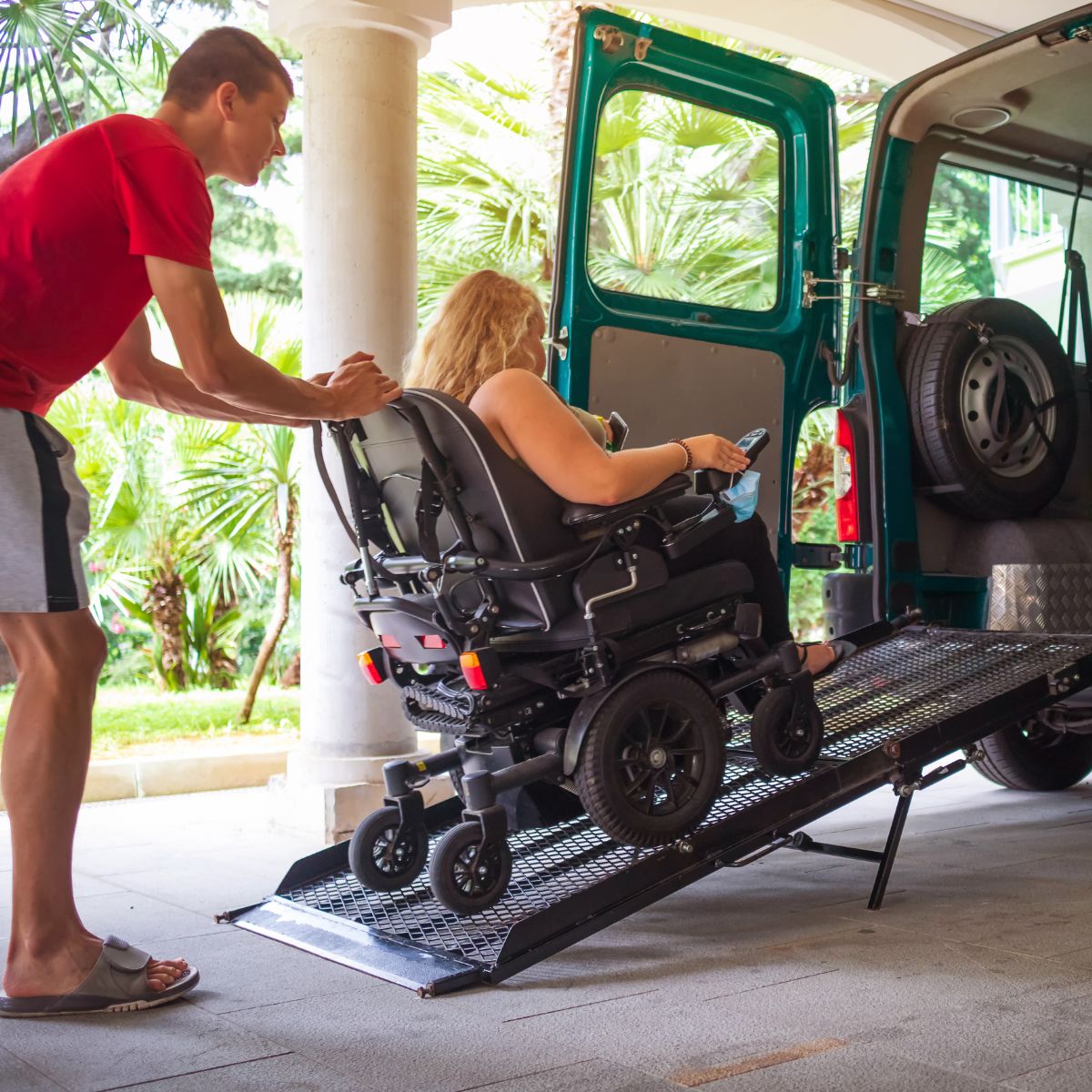NDIS legislation
Home » Resources » NDIS Resources » NDIS legislation
New NDIS legislation
In 2024, a bill passed through parliament that changes the way the NDIS works and what you can spend your funds on.
The bill was passed on August 22. It was called the “Getting the NDIS back on track” bill. The bill makes changes to the NDIS legislation that allows the NDIA to change to some of the rules.
Some of the changes will be introduced over time as the government works out what they will be. Some rules came into effect on 3 October 2024.

New NDIS Support lists
From 3 October 2024, the NDIA started using new lists that describe what is and isn’t an NDIS support. You can use the lists to make sure you are spending your NDIS funding on the approved supports.
The new lists can be found here.
Replacement supports
In some circumstances you might be be able to get permission from the NDIA to use a replacement support. For example, if there is an everyday item, like a smartwatch or a phone app, that would serve the same purpose as something on the NDIS supports list, you can apply for permission to buy the everyday item.
What happens if something I buy is not on the approved list?
NDIS and Your Rights
In September 2025, CYDA hosted a community webinar exploring the impact of NDIS eligibility reassessments on children, young people and families.
The discussion brought together First Nations, Autistic, and advocacy voices, alongside legal experts, to unpack what these changes mean and what families can do next.
Watch the recording and access the webinar summary and resources in Easy Read, Word, and PDF.
Foundational Supports
More than 5.5 million people with disability live in Australia, but only about 660,000 have access to the NDIS.
Federal and state governments are now working together to introduce new supports that will fill the gap between mainstream services (which are not always accessible) and NDIS supports. They are calling these “Foundational Supports”.
While they were initially expected to roll out in July 2025, they have since been delayed.
Foundational Supports were one of the recommendations from the NDIS Review.


There will be two types of Foundational Supports:
- General Supports
- Targeted Supports
General supports
General Supports will be for people with disability under 65 years and their families, caregivers and kin. They might include:
- information and advice
- support with self-advocacy
- access to peer supports
- capacity building
Targeted supports
Targeted supports will be more personalised. They will be focused on helping certain groups of people that are not accessing, or not eligible for, the NDIS.
Targeted Supports will be consulted on at a later date. We will keep you posted.
CYDA's survey on Foundational Supports
In October 2024, CYDA surveyed more than 250 young people with disability, parents, and caregivers about their thoughts on Foundational Supports.
Nearly everyone (93%) said they did not have enough information to understand how they would be impacted by these supports, while nearly one in two were worried.
Many were also concerned that Foundational Supports:
- would replace NDIS supports
- would not properly address diverse needs
- would not be practical or useful
Budget amounts and funding periods
From 3 October 2024, NDIS plans started showing total budget amounts instead of listing line by line supports.
From 19 May 2025, the NDIS started using funding periods in new plans. This means that instead of having access to all of your plan funding at once, the money is released in smaller amounts over time. This is usually every three months, but can be longer or shorter depending on the type of support.
If you do not use all of your funds during the period, the leftover rolls into the next period but not into your next plan. Importantly, you should tell the NDIA at planning time if you will need funding released in a certain way.
NDIS pricing
The NDIS released its new 2025-26 Pricing Arrangements and Price Limits (PAPL) in June 2025. These set the maximum prices that can be charged for different NDIS supports.
Here is a quick summary of what changed:
- Disability support worker and core support price limits increased by about 4%
- Nursing, cleaning and home supports price limits increased by about 3%
- Therapy price limits are now the same across Australia, meaning price drops in remote areas
- Plan managers and support coordinators did not receive price increases
- Early Childhood Early Intervention (ECEI) supports now cover children under nine, instead of seven
Where to find more information
The NDIA have shared some information about the new changes, and how they will affect participants.
(The webchat function is up the top of the page.)



